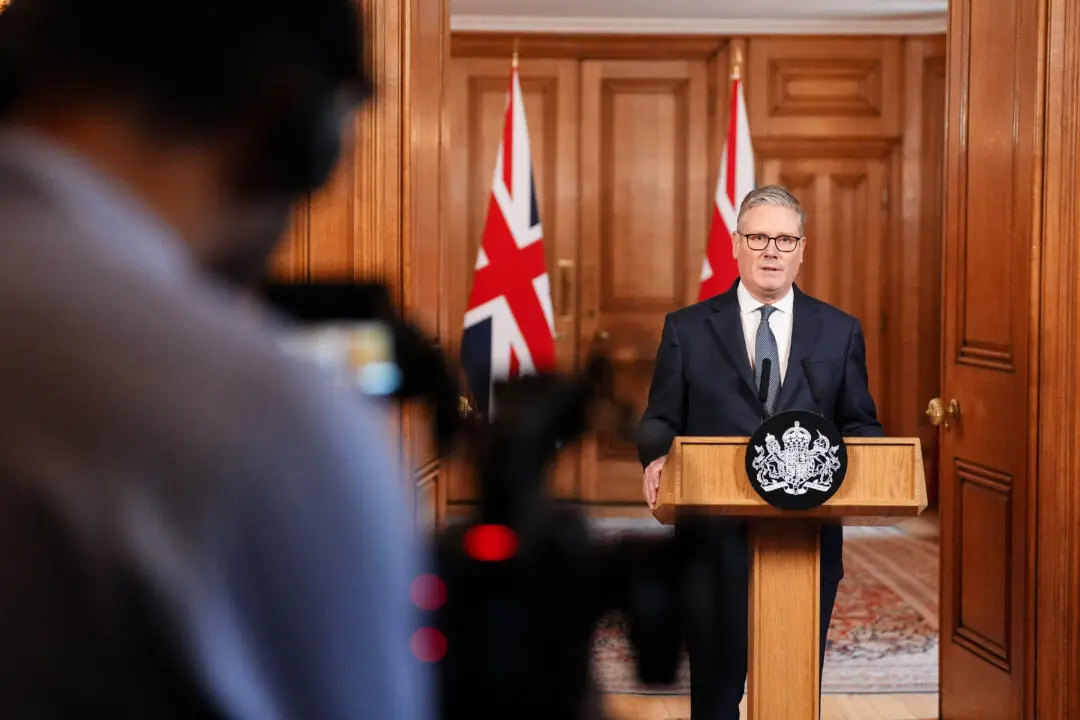Babies and children under the age of 5 are to be offered the COVID-19 vaccine for the first time, UK health authorities have announced.
On Thursday, the Joint Committee on Vaccination and Immunisation (JCVI) advised that clinically vulnerable children aged 6 months to 4 years old should be offered the jab.





